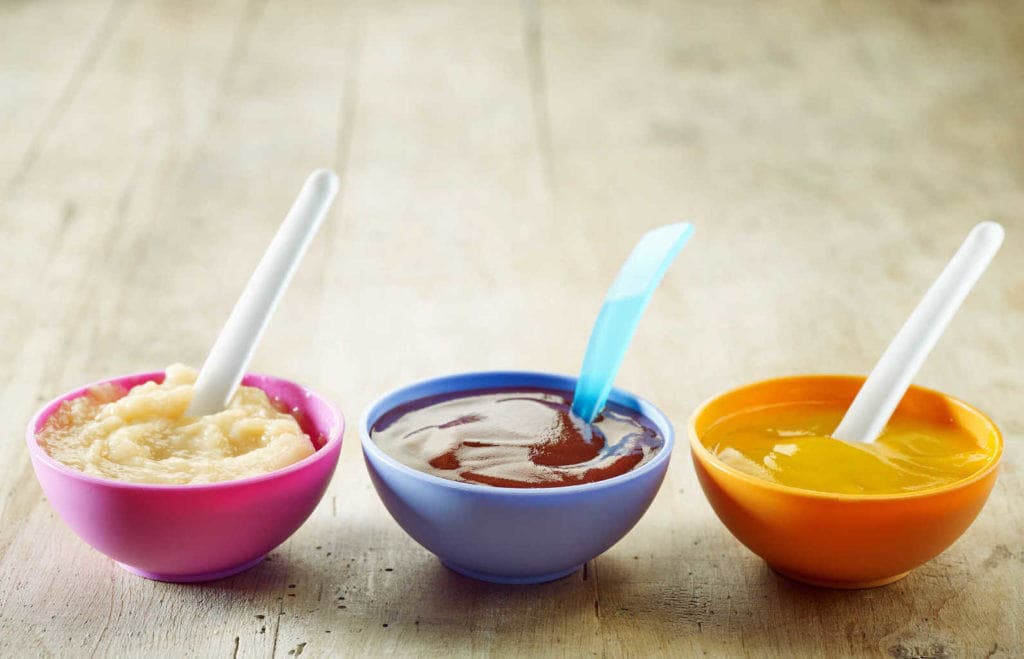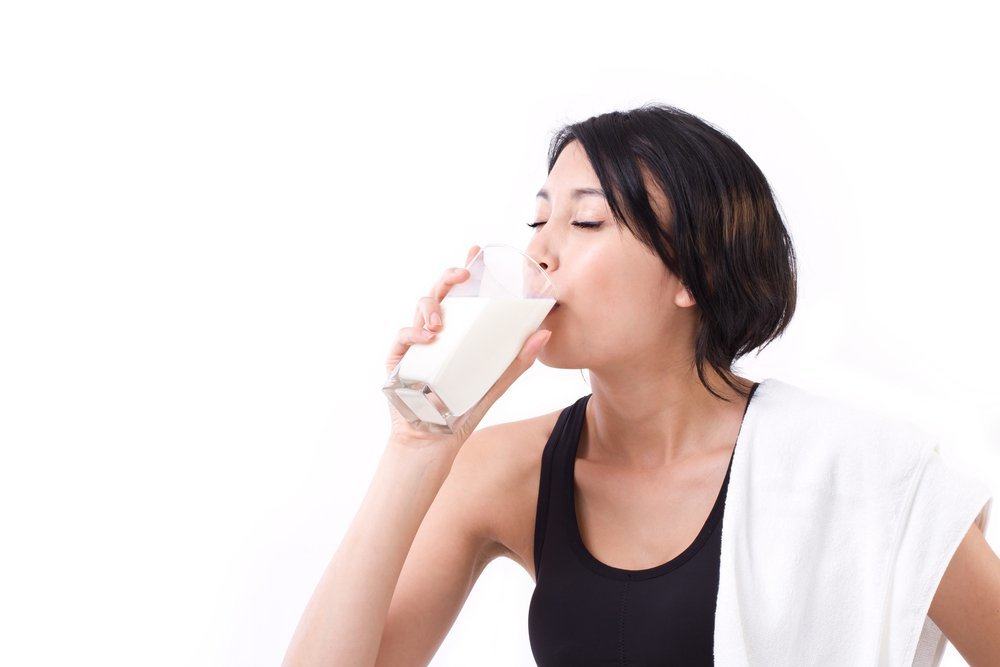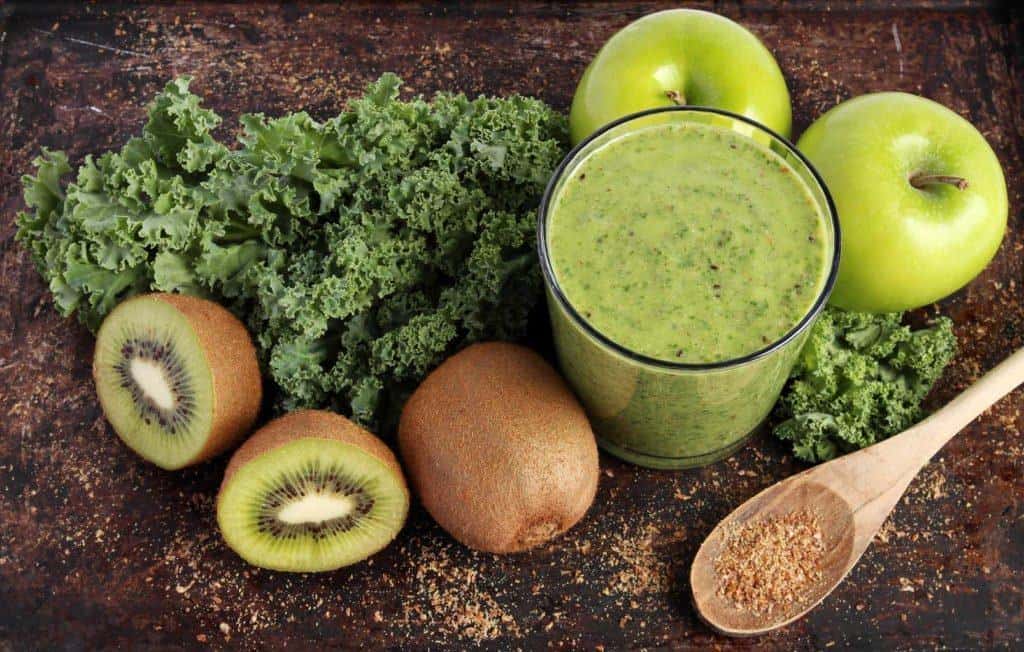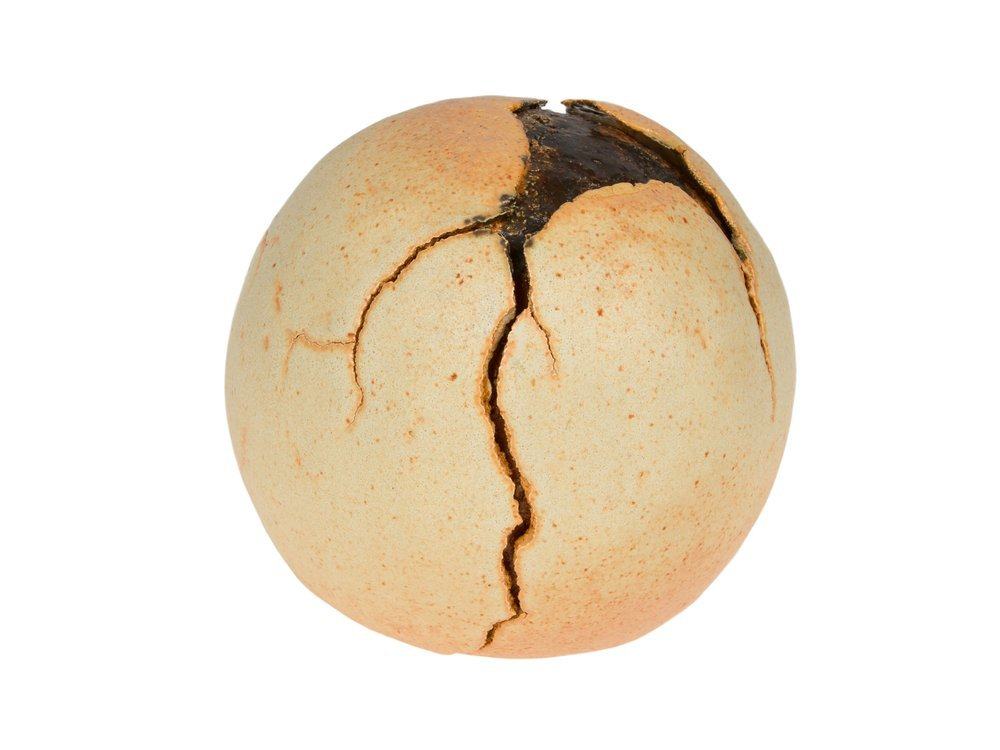Contents:
- Medical Video: When to introduce your baby to semi solid food items?
- How do you know if your baby is ready to be introduced to solid food?
- What are the important nutrients for babies?
- Baby food is nutritious, delicious, and healthy for the first meal
- Avocado
- Banana
- Organic red rice cereal
- Pear
- Sweet potato
Medical Video: When to introduce your baby to semi solid food items?
You can introduce solid food to your baby when your baby is 4-6 months old, or if your baby is ready. Until then, breast milk or formula is still used to provide all the calories and nutrients your baby needs and can be handled. His digestive system will not be ready to receive solid food until he approaches the half year of his birth.
How do you know if your baby is ready to be introduced to solid food?
Every baby is different, but there are 3 signs that clearly indicate that your baby is ready to consume solid foods with breast milk or formula milk. These signs rarely appear together, before your baby is 6 months old.
- Your baby can stay in a sitting position and keep his head stable
- Your baby can coordinate eyes, hands and mouth so that he can see food, take it, and put it in his mouth, all done alone
- Your baby can swallow food. Infants who are not ready will push their food out again, so that more food is on their faces than in their mouths.
There are several signs that like to be misinterpreted as a sign that babies are ready to consume solid food:
- Chewing on a fist
- Waking up at night, when previously sleeping soundly
- Want extra milk
This is normal behavior and is not always a sign of hunger, or a sign they are ready to start eating solid food. Starting to eat solid foods will not make it easier for your baby to sleep at night. Additional food is usually enough until it's ready for other foods.
What are the important nutrients for babies?
At the beginning of weaning, make your baby accustomed to eating solid food as your main goal. Once he is accustomed to new sensations in his mouth, it's a good idea to focus on the nutrients he needs.
The following are important nutrients for your baby:
- Iron
- Calcium
- Vitamin C
- Vitamin A (this is called beta-carotene in plant foods)
- Vitamin D
- Omega 3 fatty acids (HSIS 2013b)
Baby food is nutritious, delicious, and healthy for the first meal
Avocado
This is the first good food for babies. Because avocados are rich in essential fats and nutrients that babies need to grow. Smooth and soft, avocados are easily digested and well tolerated by most babies!
Vitamins: A, C, Niacin, Folate
Minerals: Potassium, Phosphorus, Iron, Magnesium, Calcium
- Peel the avocados - don't cook
- Cut the "meat" of the avocado and crush it with a fork
- There is no need to use a machine to process it like a banana, the avocado has a very soft consistency and texture. Avocados don't need to be cooked
- Add formula / breast milk or a little water or add cereal (if desired) to thicken it
Banana
Bananas are another first amazing food for your baby. Research shows that bananas with mucosal properties help coat the stomach and help digestion. Banana is sweet, it can help babies more easily receive the experience of eating the first meal. Learn more about bananas and whether sweet fruits and vegetables should not be introduced first.
Vitamins: A, C, Folate
Minerals: Potassium, Phosphorus, Selenium, Magnesium, Calcium
- Peel the ripe banana - don't cook it
- Place bananas in a food processing machine or blender, then puree
- You can also crush the banana in a bowl using a regular fork - heat it in the microwave for 25 seconds before pounding to add softness
- Add formula / breast milk or a little water or add cereal (if desired) to thicken
Organic red rice cereal
Did you know that the baby's first meal does not have to be commercial baby rice cereal? Many pediatric sources acknowledge the fact that avocados, bananas and sweet potatoes are the first special foods for babies.
If you decide to make baby cereal yourself, make use of brown rice (organic if available). Grains are healthier and more nutritious for your baby (and for the whole family). Learn more about grains.
¼ cup of epung rice (crush organic red rice using a blender or food processor) plus 1 cup of water.
- Add water to the pan for heating.
- Add rice flour while stirring slowly.
- Bring to a boil for 10 minutes, stirring gently, mixing formula or breast milk and fruits if desired.
Serve while still warm.
Pear
Vitamins: A, C, Folate
Minerals: Potassium, Phosphorus, Magnesium, Calcium
- Peel and cut into small pieces to avoid small pears
- Steamed gently until soft
- Place it in a blender / food processor and puree until smooth. You can also use a fork.
- Use the remaining boiled water if needed, but pears tend to be very wet and runny without adding liquid. Add some baby cereal to thicken if necessary.
Sweet potato
Vitamins: A (24,777 mg), C, Folate
Minerals: Potassium, Sodium, Selenium, Phosphorus, Magnesium, Calcium
- Wash and make holes in the sweet potato with a fork, then wrap it with foil - do not peel it to steam / heat it with a microwave. (You can also do it in the microwave, just use a plastic wrap and cook for 8 minutes at high temperatures or until soft)
- Place it in oven temperature 400 degrees and bake for 30 minutes or until soft
OR
- Peel the sweet potatoes and cut them into small pieces
- Insert the small pieces into a pan filled with enough water to slightly cover it
- "Steamed" boiled until tender, be sure to check the water level
- Use the remaining water to thin the sweet potatoes
- If you have roasted your sweet potatoes, peel the skin using liquid from the source of your choice
- Place the sweet potatoes on the tool you choose to make into pulp
- Add with the remaining water or other liquid needed to make it smooth, thin it for a few minutes, or until the knife sliced into the center shows a clean portion of sweet potato.












